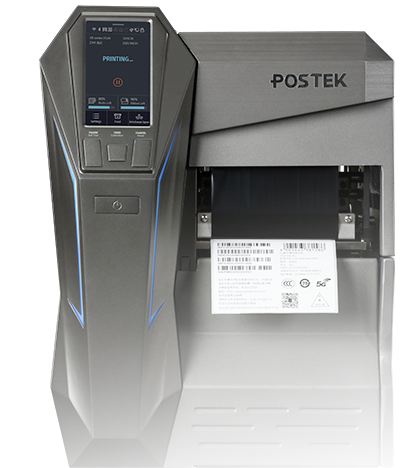
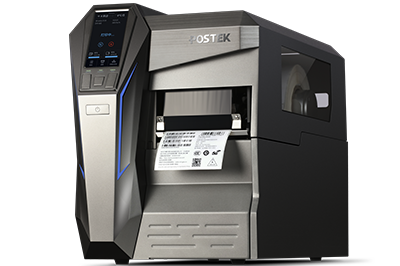
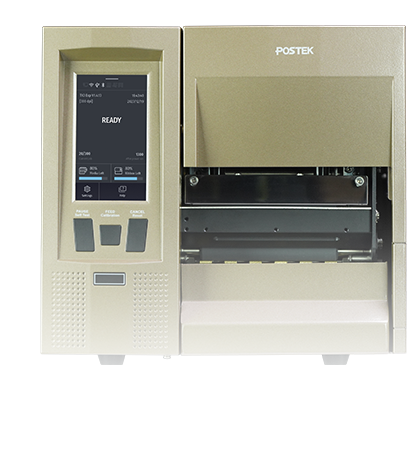
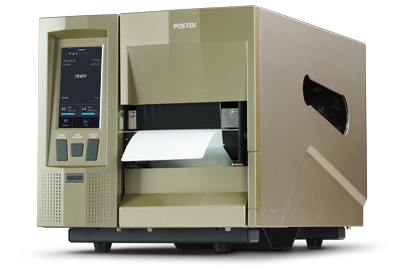
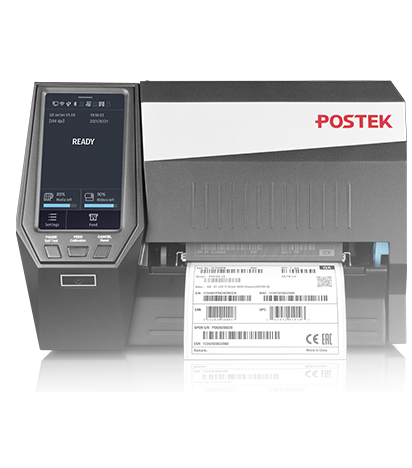
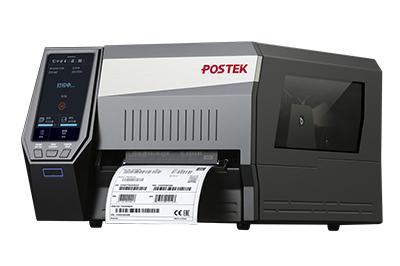
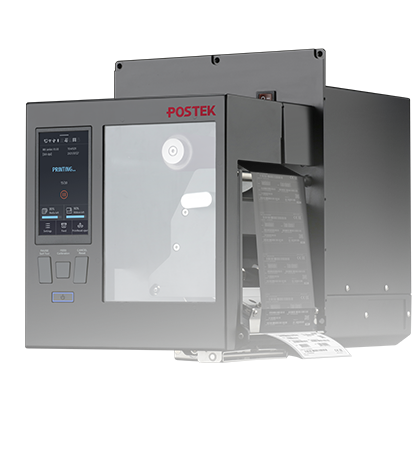
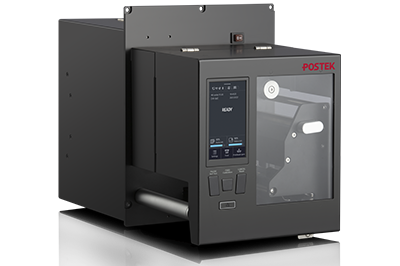
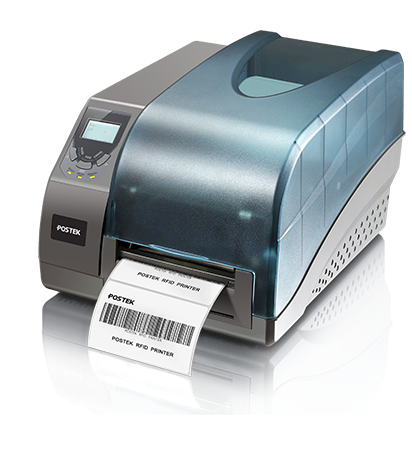
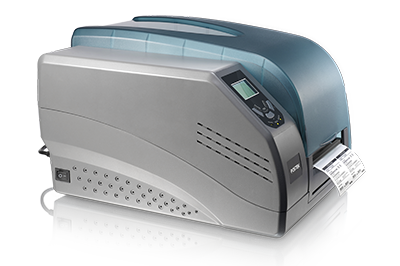
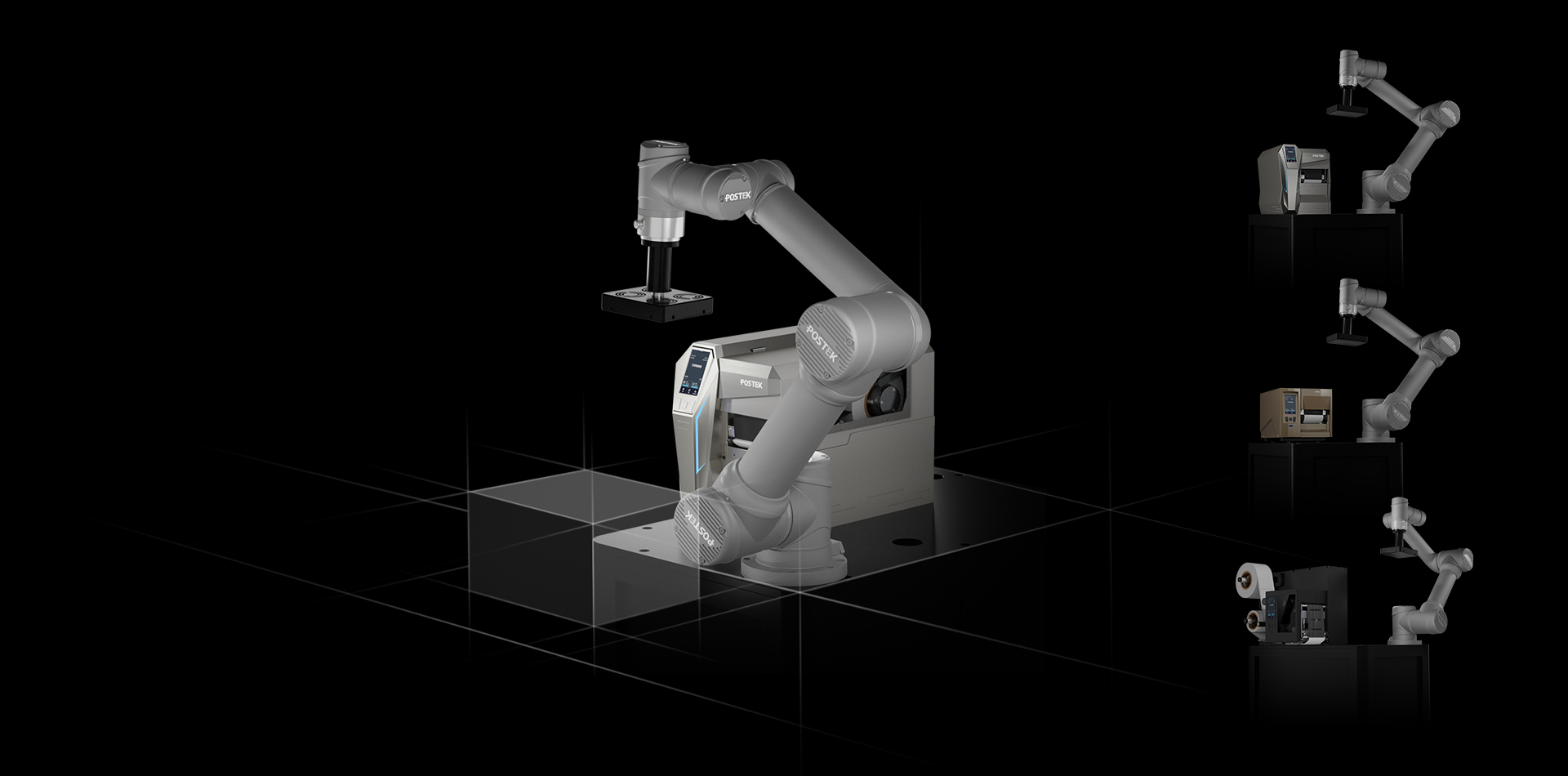
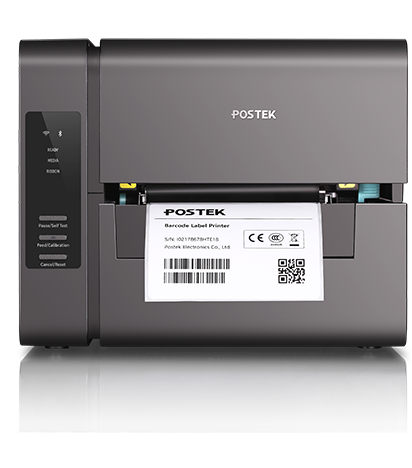
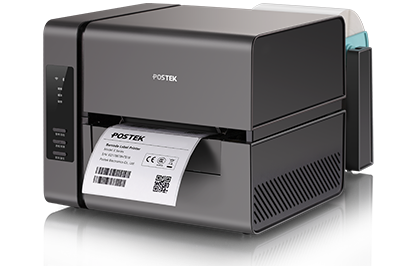
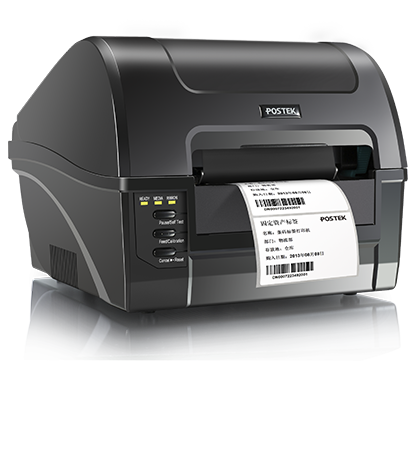
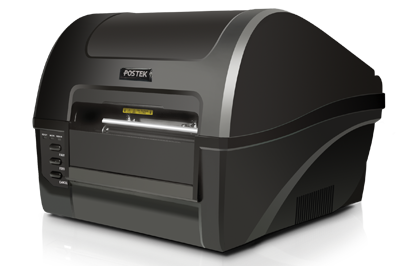
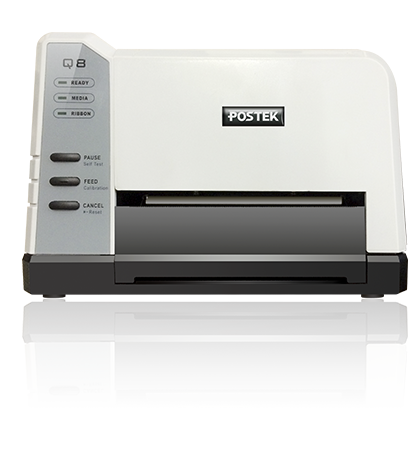
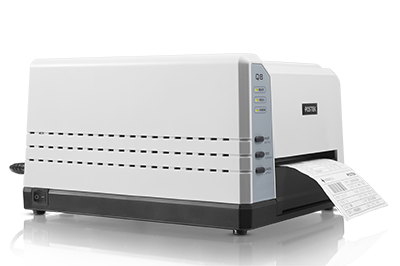
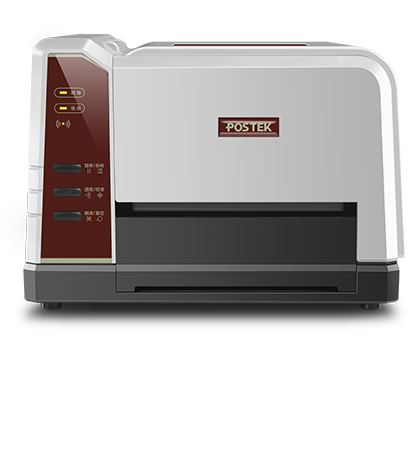
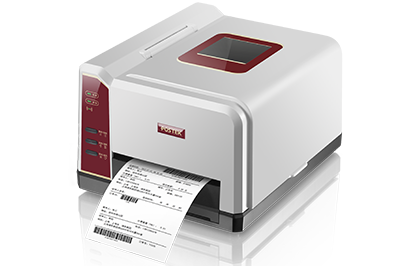





















Project Background
As the average household income around the world is generally increasing, the demand in the entertainment industry has been growing faster than ever. As suggested by a new study by Pricewaterhouse Coopers, the live music industry alone would be worth 31 billion dollars worldwide by 2022. Out of that estimation, ticket sales would account for more than 80% of the total revenue. With that being said, everybody who has been to a concert is aware of the pain in the neck that is dealing with tickets. Purchasing them online and remembering to bring a physical copy to the event is enough of a pain but having to stand in line and be guided into the building like a herd of sheep certainly doesn’t help the overall experience. Of course, it is understandable why the event organizers must go through this deliberately painful process. The organizers must ensure all the audience has a valid ticket for the current event. With traditional barcodes on their tickets, the organizers have no other options except for herding people like a line of sheep and scanning their tickets one by one. Terrible experience for the audience and a time/resource consuming process for the organizers. A major alteration in the system is required to break this status quote.
Solution Details
As mentioned above, the audience has to line up and get their individual barcodes on their physical tickets scanned to enter the event. The information stored in the barcode differs based on the event and organizing sponsors, but it usually consists of some identifying information that can be used for verifying the validity of the ticket. The field personnel will then be able to verify that information on the spot with a PDA that is connected to the management software. The system is straightforward and effective, but it is undoubtedly inefficient. Having to scan each ticket individually is slow enough. God forbid if some of the audience don't have their tickets ready to go when they approach the scanners, fumbling through their wallets or coat jackets and holding the line up for everybody. However, verification is still essential. With the integration of POSTEK RFID printers into the process, the low-efficiency issue mentioned above is completely a thing of the past.
With the integration of POSTEK's RFID printers, the valuable information on the tickets is no longer just a plain old barcode. The RFID inlays built into every ticket holds all the necessary information for verification and that information can now be transmitted wirelessly and in batches. Instead of having to scan each ticket individually, the sponsors can now gather people in batches and wirelessly scan hundreds of tickets at once thanks to RFID. It might have taken twenty to thirty minutes to process five hundred people, now it takes about thirty seconds. It should be fair to suggest it is a very drastic improvement in efficiency.
Efficiency is not the only benefit that RFID has to offer. With humans scanning barcodes by hand, mistakes are inevitable. Combined with the possibility of insider trading and ticket forging, there is plenty of loopholes in the system that people can take advantage of. However, with POSTEK Ge series RFID label printers, the unique TID of every RFID label is first fed back into the system before the RFID information is encoded. This guarantees that the system is aware of which TID corresponds to which ticket. This way, even if the forged ticket has all the correct verification information, the TID wouldn’t match. Eliminating all possibilities for fake tickets and all threats of human error.
Competitive Edge
1.A sleek profile and ultra-portable. Live music concerts are wild places. The working personnel needs a portable solution to best serve the audience. The Ge series petite profile and lightweight made it perfect for the job. However, to go one step further, a specially designed handle is attached that allows for easy transportation using only one hand.
2.With automatic RFID verification and reprinting capabilities, POSTEK could guarantee that all the RFID data that needed to be encoded will be present at the end of the print job. Therefore, if the organizers needed to print a large batch of tickets beforehand, they can rest easy knowing that the entire batch has been validated and can be shipped off immediately.
3.TID information duo verification. With a barcode, the verification process only involves checking if the data stored in the barcode matches the records in the system. However, with the addition of RFID, the TID that is unique to each individual RFID tag is now also stored in the system. So even if the forgers were good at what they do and data matches perfectly, the system can still easily identify fraudulent tickets out of a sea of real ones due to the different TIDs.